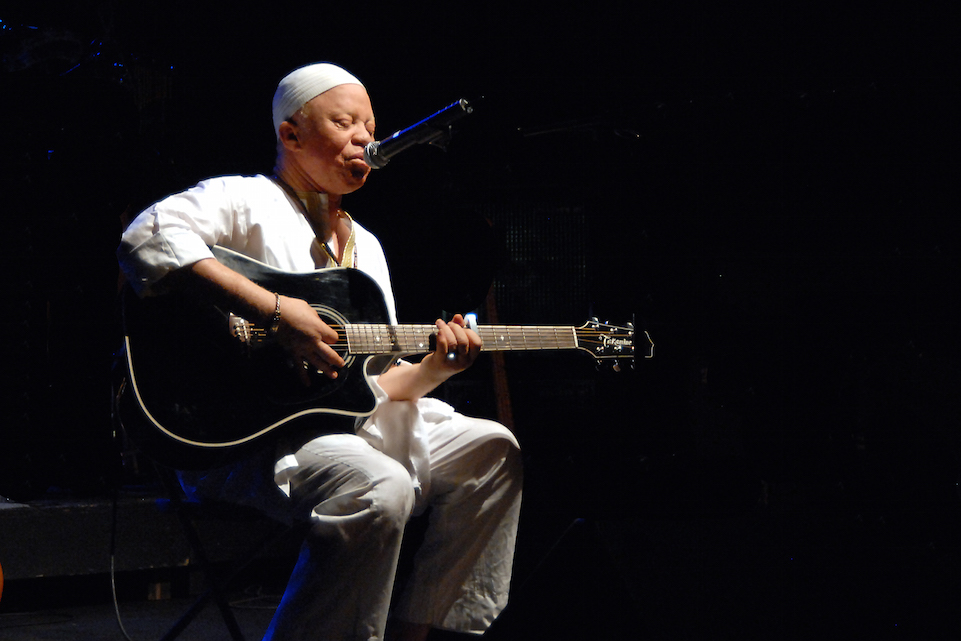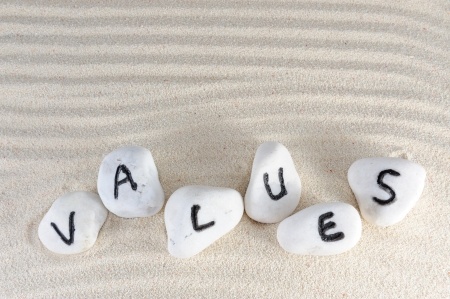
by Lynn Lipinski | Jan 29, 2016 | Profiles, Stories We Love
People said he was cursed. Schoolchildren avoided him. His father sent him to live on the streets when he was a teenager. Mali musician Salif Keita could be a bitter, angry man, but instead, he writes beautiful songs about life, love and fighting prejudice. His most...

by Lynn Lipinski | Jul 29, 2014 | Personal, Profiles
I’m more accustomed to hearing about values being talked about in a set – I’m thinking mainly of politicians touting “family values” and “American values” – as though there is some established list everyone who is...




